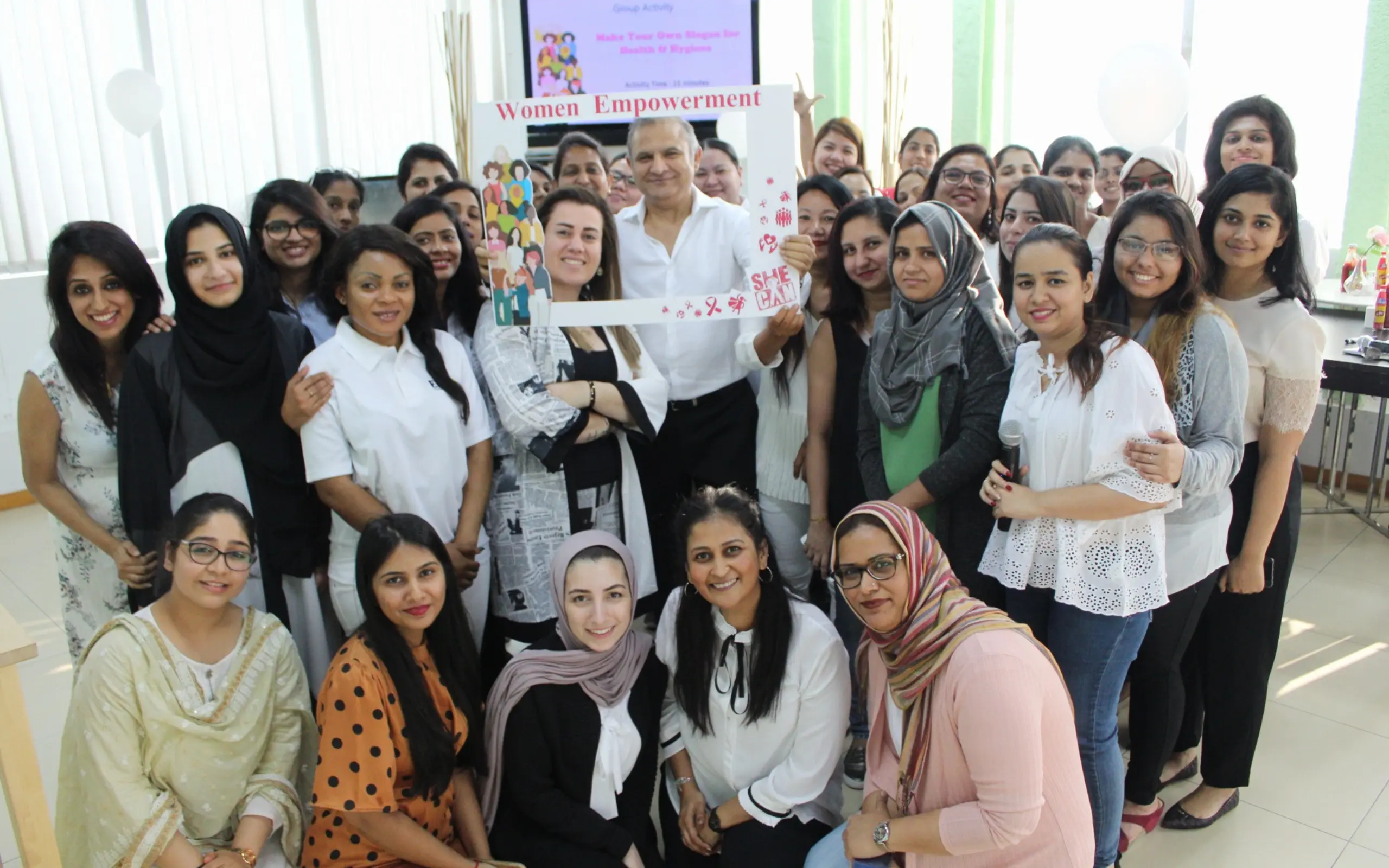Gender diversity, for long, has been ignored. In recent times, the conversation intensified around the topic, but it still lacks a translation into actionable steps and real change. We don’t see its desired visibility other than in advertisements of multinationals or corporate sustainability dashboards. There is no doubt lots more is needed to be done in real practice.
It reminds me of Helen Reddy, a 70’s famous singer. She championed about women’s rights and sang, “I am woman, I am strong, I am invincible, I am woman, I can do anything “these words of Helen Reddy echo in my ears and remind me that women indeed can do anything. Men need to introspect a lot about their sins as they have done very little towards women empowerment.
However, where do we begin not just introspections but changing and influencing the mindset? Everyone needs to share this responsibility as men and women and Society needs to take giant collaborative leaps to make a difference.
Before we deep dive, let’s look at the data that shows why it matters to bring women into the mainstream, not just certain PMs, CEO, celebrities but especially women’s empowerment from weaker sections and minorities.
In 2019, the female labour force participation rate was 47 per cent, 27 percentage points below the male rate (at 74 per cent). The gender wage gap is estimated to be 23 per cent. It means that women earn 77 per cent of what men earn.
Everyone has a role play in this challenge. However, in my context, especially for the inclusion of women in the workplace, CEOs have a definite and prime position to spearhead change. They must transcend beyond to take measures to make these changes as distinct and path breaking and not just baby steps.
“Women are as good and capable as men are”
We have heard time and again the role of women as homemakers. If these are mentally and financially supported through better employment opportunities and support, they can do wonders. Women tend to make a much larger difference to more extensive interests of society and better livelihoods of millions by virtue of their ideal role in their family.
Women tend to spend around 2.5 times more time on unpaid care and domestic work than men. It is estimated that if women’s unpaid work were assigned a monetary value, it would constitute between 10 per cent and 39 per cent of GDP. While 65 per cent of men report having an account at a formal financial institution, only 58 per cent of women do worldwide.
During the pandemic countries lead by women performed very well and women in politics can make a real change for the better in policy. In the workplace, organizations need to recalibrate their culture to ensure effective women empowerment and development.
They must rise to remove all age-old taboos about their gender, capability and other notions or prototype their physical disadvantages. The organizations must clear all hurdles and deterrents towards this cause. “Women are as good and capable as men are” this must be a thumb rule of the organizational culture where there is fair treatment, respect and equal opportunities for them.
Women in the blue color workforce need passionate corporate engagements where trust is built by showcasing real examples and ensuring each gender diversity gesture as an integral part of its human resources need, not as an act of tokenism.
At EFS, we have hundreds of women who were given the opportunity to rise and shine beyond their routine progression. They not only demonstrated vigor and zeal at their respective workplace but brought a transformational shift in their overall work-life balance.
These were able to demonstrate that others, too, can follow this. However, to tap such an opportunity, the organizational culture and its ecosystem will need to build incubation bubbles so others can come forward as case studies to follow it.
In real life, we have seen how these women have transformed their everyday lives, with most of them tripling their income levels and transgressing to take office clerks, receptionists, and procurement roles. These unsung heroes impacted everyone, not just their selves or company but left a much larger impact.
Most of these were in housekeeping, earning less than USD 500 a month, but these are empowered women in every context in their new avatar. See their confidence, posture, financial independence and above all, the confidence to conquer the world.
It does establish that women’s progression driven from lower cadres can make a much more powerful impact on society than those in higher income brackets. We realized that these are homemakers, influencers and foot soldiers of change, and their impact reach is much more profound.
Their change impact is critical considering their social-economic fabric. Their progression is undoubtedly bound to impact many facets of their ecosystem.
Source: LinkedIn
